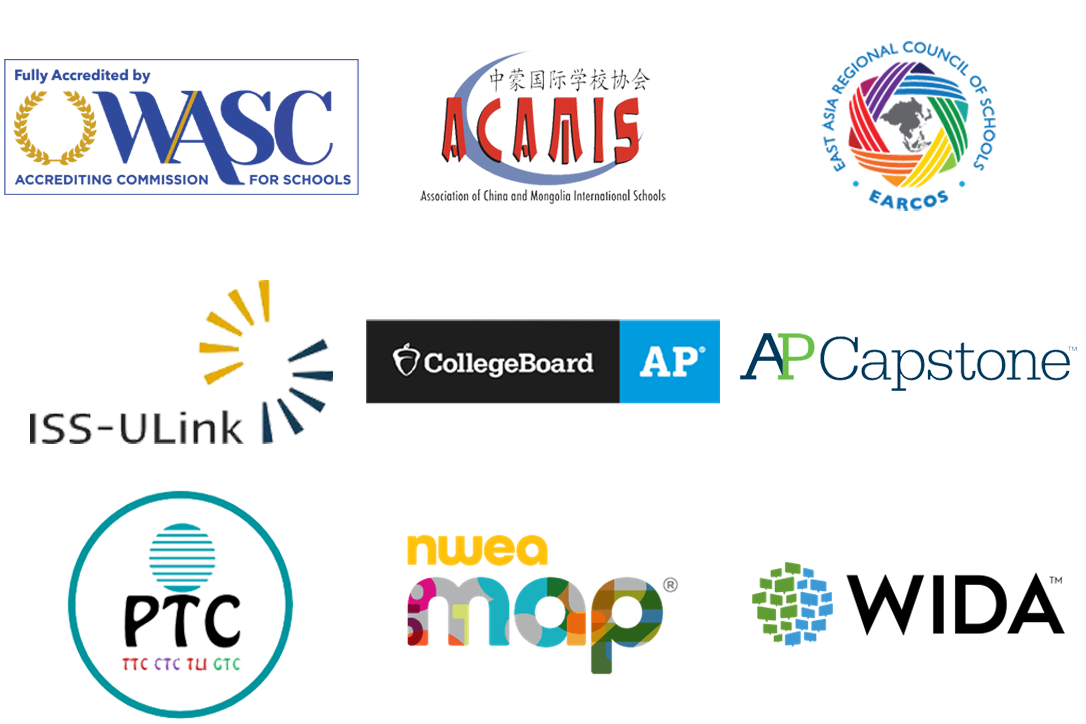Standards Based Grading Workshop for New Parents
For our new parents, they might not be familiar with our grading system--Standards Based Grading (SBG). Therefore, at the end of the first quarter, we held a SBG workshop just for them. Different from traditional ABCD or numerical grading systems, SBG focuses on measuring students’ proficiency on a specific set of outcomes or standards which are what a student should be able to do and know on a particular content in a subject. Many schools internationally and in the US use SBG as it is an effective grading system supported by lots of research. That’s why since founded in 2012, NCPA has been using the SBG system to evaluate students’ academic growth. More importantly, our aligned American curriculum fits with the Standard Based Grading. In our curriculum, the learning standards come from the American Common Core Curriculum Standards, Next Generation Science Standards, Pre-Advanced Placement, and Advanced Placement courses adopted by NCPA all focus on goals that students need to achieve. Furthermore, these learning standards have laid the most scientific and systematic foundation for our grading system. The philosophy of SBG is that the learning process is continuous during the school year. Students can make mistakes which help them learn what they understand and where they struggle. Thus, for students, SBG helps them to develop a growth mindset, so see their achievements from a continuous development perspective and make them keep reflecting and improving. Advocating the growth mindset, we encourage students who didn’t get “Exemplary” at the first time to keep improving on mastering skills and concepts through taking reassessments. For NCPA, SBG can communicate and analyze student achievements more precisely to both parents and students than other grading systems. Furthermore, following the SBG, NCPA teachers use scientific scoring rubric developed by Carnegie Mellon University, which let students clearly know why they get this grade and how they can improve. We believe that SBG can make the school and teachers provide better support for students’ continuous academic growth.







